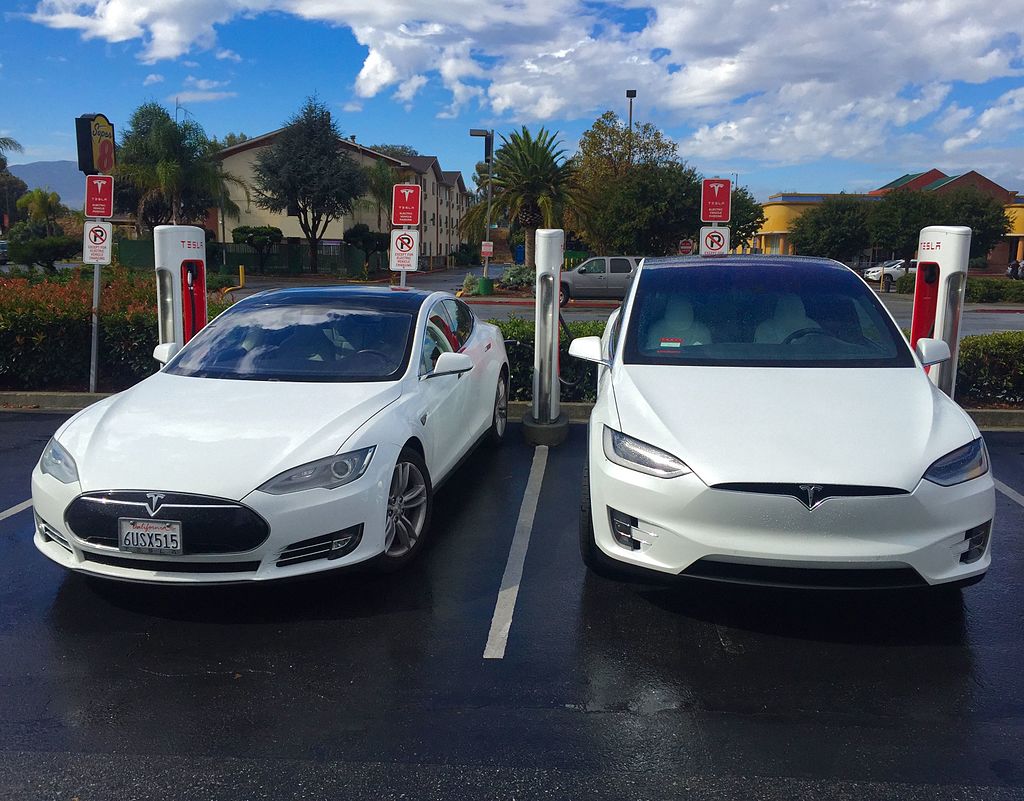Comic Nails the Problem With Driverless Cars

By:
A man using the autopilot function of his Tesla Model S died last week in a crash — the first recorded death of its kind — and it has some people, including federal investigators, worried about the safety of self-driving cars.
 Wikimedia - wikipedia.org
Wikimedia - wikipedia.org
But before you dismiss self-driving cars as inherently dangerous, let's put this incident into perspective. First, it's not clear that Tesla's autopilot function played a direct role in the crash. And, second, early studies indicate that autonomous or driverless cars are significantly safer than their human-dependent predecessors.
This comic from cartoonist Matt Davies shows why we shouldn't overreact about such cars.
 Go Comics/Matt Davies - gocomics.com
Go Comics/Matt Davies - gocomics.com
Davies makes a compelling point. From a statistical standpoint, the Tesla accident shouldn't take away from efforts to innovate transportation technology, because that ignores the reality of traffic deaths as a whole.
America's motor vehicle fatality rate has gradually declined as a result of technological innovations such as seat belts, anti-lock brakes, airbags, and electric stability systems over the past 65 years, The Washington Post reported.
Tesla pointed out that the accident was "the first known fatality in just over 130 million miles where autopilot was activated." By contrast, non-driverless cars are involved in a fatal accident every 94 million miles on average in America. Globally, the average is one fatality for every 60 million miles.
What's more, 2013 data from Google's self-driving car program showed that the company's driverless Prius and Lexus cars performed better in terms of safety than those operated by professional drivers. Two studies confirmed that the driverless cars spent less time braking and accelerating, and they kept a safer distance from other cars on the road, which meant that the cars spent "less time in near-collision state," Chris Urmson, Google's self-driving car project director, told Mashable.
This isn't to dismiss public concerns about driverless cars, of course. One of the reasons that people feel safer in cars than airplanes (even though you're 100 times more likely to die on a drive than in a flight) is because they feel in control of their situation. Driverless cars seem to eliminate that sense of control, raising doubts about safety. But the fact remains that about 90 percent of car accidents are caused by human error today, according to Stanford University.
"There's still a good amount of work that needs be done, but we're moving in the right direction," Jeffrey Miller, a professor of engineering practices at USC, told ATTN:'s Laura Donovan. "Having all of the testing going on with driverless vehicles in all of the different companies is definitely a step in the right direction. As we continue having more testing done, we're going to continue to see new features coming out, and these are going to be on the consumer market within just the next few years."
